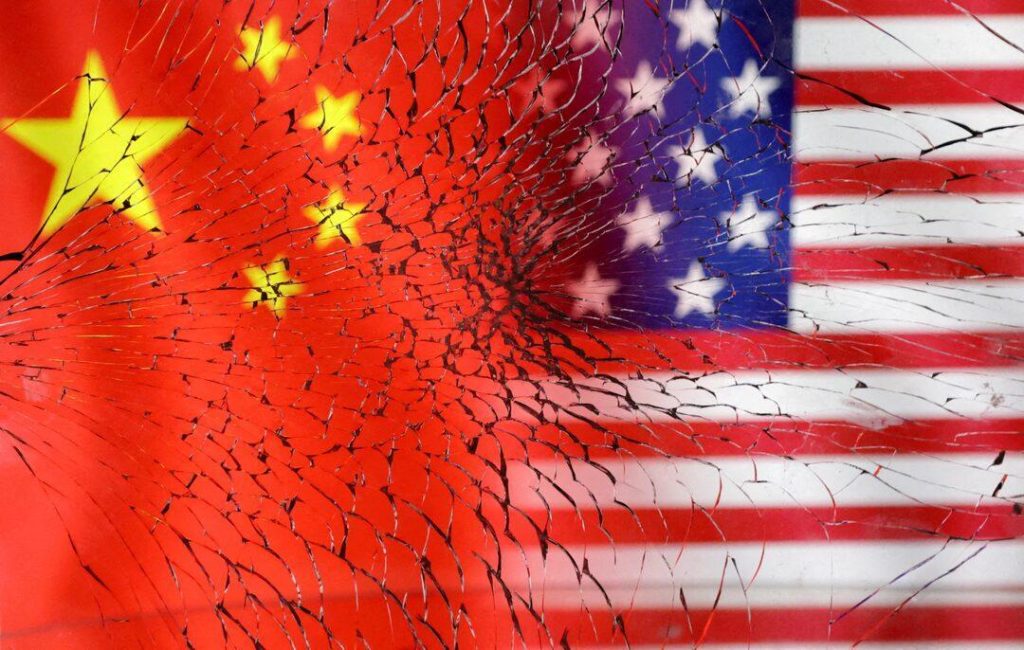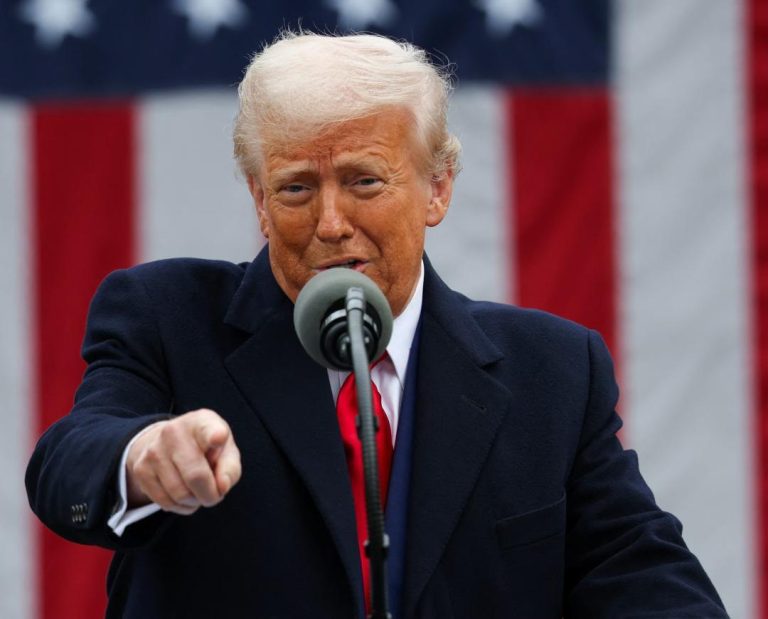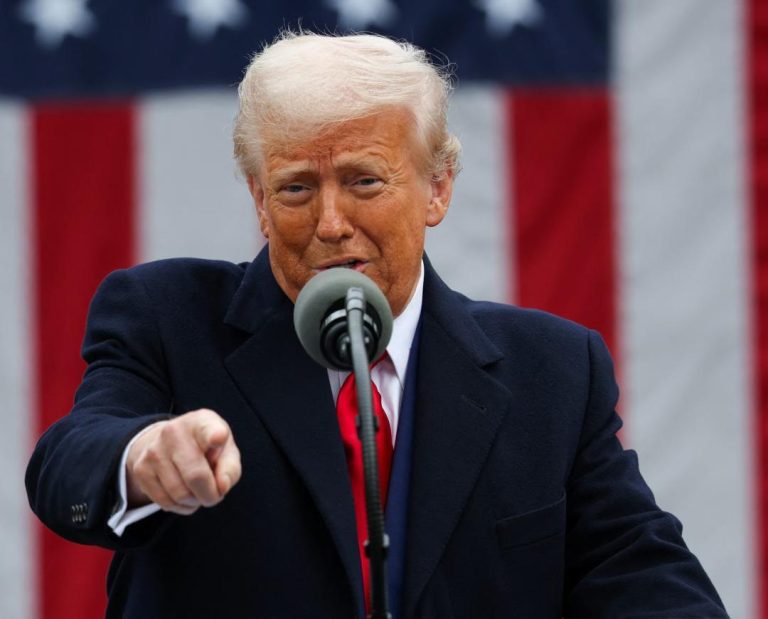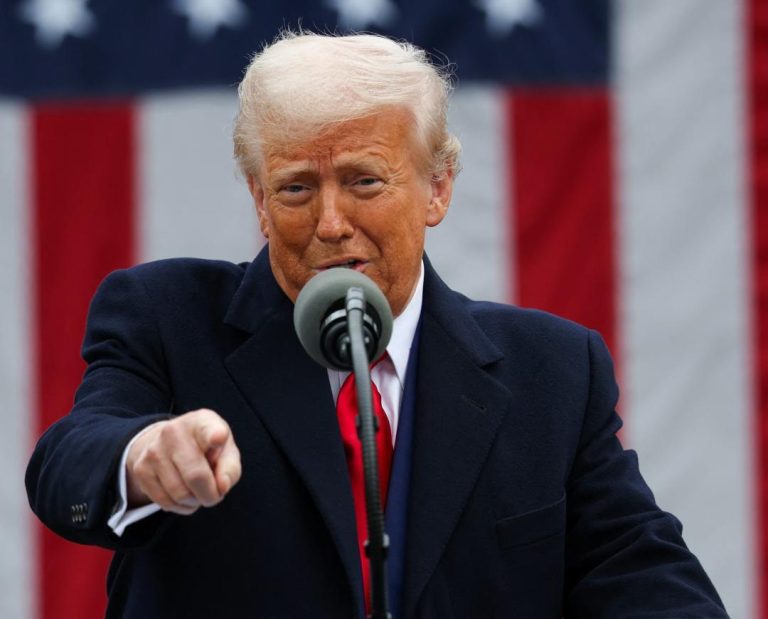
China Urges US to Immediately Cancel Tariffs, Vows Retaliation
In a stern rebuke to the United States, China has urged the country to immediately cancel its latest tariffs and vowed to take countermeasures to safeguard its own interests. This comes after President Donald Trump declared reciprocal tariffs on multiple countries, including China.
The latest development in the ongoing trade war between the two global superpowers has sent shockwaves through the international community, with markets and investors alike bracing for the potential impact on global trade. The US has imposed a 34% tariff on China, on top of the 20% he previously imposed earlier this year, bringing the total new levies to 54%.
China’s Ministry of Commerce made the announcement in a statement, emphasizing that the US tariffs are “unjustified” and “unacceptable”. The ministry called on the US to “immediately cancel” the tariffs and return to negotiations to resolve the trade dispute.
The statement also vowed that China would take “necessary countermeasures” to protect its own interests, without specifying what these measures would entail. However, experts have speculated that China may impose tariffs on US goods or restrict US technology exports to China in retaliation.
This latest escalation in the trade war has raised concerns about the potential impact on global trade and the economy. The US-China trade dispute has already resulted in significant tariffs on billions of dollars’ worth of goods being imposed on both sides, leading to concerns about inflation, job losses, and a potential global recession.
The dispute began in March 2018, when the US imposed tariffs on Chinese steel and aluminum imports, citing national security concerns. China responded by imposing tariffs on US soybeans and pork, leading to a tit-for-tat trade war.
Since then, the US has imposed tariffs on an additional $200 billion worth of Chinese goods, including electronics, textiles, and machinery. China has responded by imposing tariffs on $110 billion worth of US goods, including aircraft, automobiles, and agricultural products.
The latest tariffs imposed by the US are seen as a significant escalation in the trade war, as they target a broader range of Chinese goods and increase the overall tariff rate. The 34% tariff on Chinese goods is seen as particularly punitive, as it is higher than the 25% tariff imposed by the US on Chinese goods earlier this year.
China’s response to the latest tariffs has been swift and forceful. The country’s state-run newspaper, the Global Times, published a scathing editorial calling the US tariffs “a declaration of economic war”. The editorial warned that China would not back down in the face of US pressure and would take all necessary measures to protect its interests.
The editorial also reiterated China’s long-standing position that the trade dispute is not just about trade, but also about the US’s attempts to contain China’s rising economic and military power. The US, the editorial argued, is trying to “contain China’s rise” and prevent the country from becoming a global economic superpower.
The trade war has already had significant consequences for both countries. The US has seen a decline in soybean exports to China, while China has seen a decline in technology imports from the US. The trade war has also led to a decline in global trade and a rise in inflation, as tariffs and other trade barriers have increased the cost of goods.
The impact on the global economy has been significant, with many economists predicting a recession in the coming years. The International Monetary Fund (IMF) has warned that the trade war has the potential to derail the global economy and has called on both countries to resolve the dispute through dialogue and compromise.
In conclusion, the latest escalation in the US-China trade war has sent shockwaves through the international community, with both countries vowing to take countermeasures to protect their interests. The trade war has already had significant consequences for both countries and the global economy, and the potential impact of the latest tariffs is still unclear.
As the world waits with bated breath to see how the situation unfolds, one thing is clear: the trade war between the US and China is a complex and multifaceted issue that will require significant effort and compromise to resolve.
Source: https://www.reuters.com/markets/china-urges-us-cancel-reciprocal-tariffs-2025-04-03/





